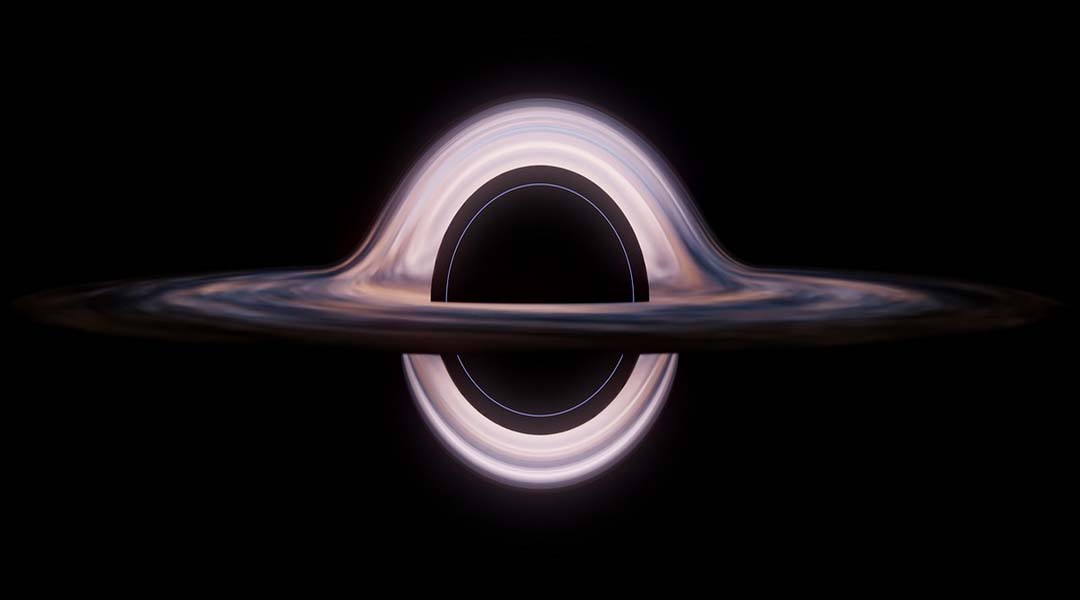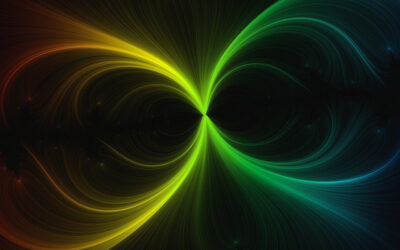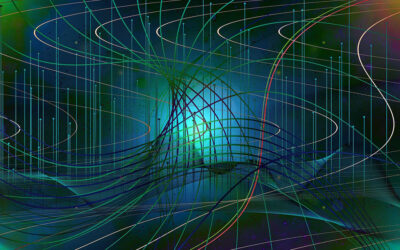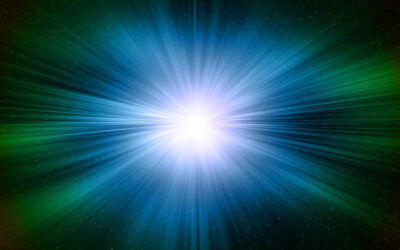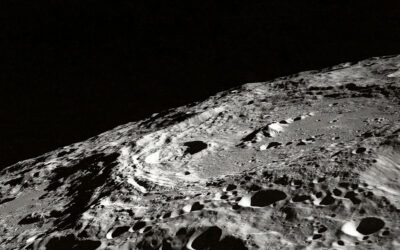Black holes are arguably one of the most interesting celestial bodies in the Universe. First predicted by Albert Einstein’s theory of general relativity in 1915, their gravity is so strong that not even light can escape them.
Astronomical observations have shown that the largest of these objects are often located at the centers of galaxies, significantly affecting their evolution. However, it has recently been discovered that the masses of some black holes are much larger than current theory of galaxy formation predicts.
To solve this disagreement between theory and observation a team of researchers from nine countries and 26 institutions have proposed a new mechanism for black hole growth. They are commonly thought to increase in mass by absorbing matter, but the researchers of the new study think another mechanism is also at play. They believe this might not only resolve the above contradiction, but also indicate that black holes could be a fundamental constituent of a mysterious entity called dark energy.
“This is a really surprising result,” explained David Clements of Imperial College London, one of the authors of the study, in a statement. “We started off looking at how black holes grow over time and may have found the answer to one of the biggest problems in cosmology.”
Black holes that are too big
Galaxies hosting these massive black holes are called giant ellipticals, which describes their size and shape, and are thought to have evolved rapidly during a time in the early universe, after which they became dormant. This means that star formation in these galaxies has long since ended, leaving almost no material in their galactic centers for black holes to consume, thus halting their growth.
However, recent astronomical observations have shown that their black holes are too large to fit this picture as they are 8–20 times heavier than scientists expected based on the rate at which black holes should absorb galactic matter by pulling it in with their enormous gravity.
To resolve this discrepancy, the team has revived an idea put forward earlier, according to which a black hole not only grows by accreting matter but increases in size with the expansion of the Universe. This hypothetical phenomenon is known as “cosmological coupling”.
In their paper published in The Astrophysical Journal Letters, the researchers have analyzed various possible types of cosmological coupling of black holes with the Universe expansion within the framework of general relativity and concluded that if black holes grow at exactly the same rate as the Universe expands, then their observed sizes are in perfect agreement with the theory, and the contradiction disappears.
Black holes as dark energy
While this reconciliation of observational data with theory is very important in itself, an even more striking result of the study maybe the fact that growing black holes could be the cause for the accelerated expansion of the Universe.
The evolution of the cosmos as a whole is described by Einstein’s general theory of relativity, which treats space as a dynamical entity whose shape is determined by the particles and fields moving in it. However, to date, theorists have found that no known types of matter or radiation can be used to describe this accelerated expansion. In order to account for this, they speculate that an unknown substance, called dark energy, must be responsible to help make current theory consistent with observations.
Despite the fact that dark energy helps explain observational data, many scientists are not convinced by an entity whose origin is unclear and for which there is no evidence.
Clemens and his collaborators have shown that if black holes indeed grow as the Universe expands, then this has the same effect on the geometry of space and on the behavior of all types of matter as dark energy.
“What that means, though, is not that other people haven’t proposed sources for dark energy, but this is the first paper where we’re not adding anything new to the Universe as a source for dark energy: black holes in Einstein’s theory of gravity are the dark energy,” said Duncan Farrah of the University of Hawai’i, lead author of the study.
The scientists have computed the effect that black holes should have on the expansion of the Universe and found that there are enough of them to cause the observed rate of expansion, which means that the need for dark energy disappears.
They emphasize that further astronomical observations are needed to make sure that their hypothesis is correct, but if it turns out that it is, this will be one of the most important discoveries in cosmology in recent years.
“If the theory holds, then this is going to revolutionize the whole of cosmology, because at last we’ve got a solution for the origin of dark energy that’s been perplexing cosmologists and theoretical physicists for more than 20 years,” concluded Chris Pearson from STFC RAL Space and another of the study’s authors.
Reference: D. Farrah et al., Observational Evidence for Cosmological Coupling of Black Holes and its Implications for an Astrophysical Source of Dark Energy, The Astrophysical Journal Letters (2023), DOI: 10.3847/2041-8213/acb704.
Feature image credit: AlexAntropov86 on Pixabay

